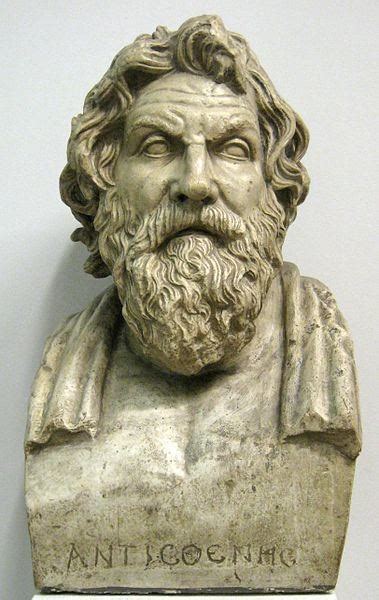A Quote by Diogenes Laertius
Plato affirmed that the soul was immortal and clothed in many bodies successively.
Related Quotes
Why should it be thought incredible that the same soul should inhabit in succession an indefinite number of moral bodies? Even during this one life our bodies are perpetually changing, through a process of decay and restoration; which is so gradual that it escapes our notice. Every human being thus dwells successively in many bodies, even during one short life.
Growing up we were secular Jews, but what I got out of Judaism at that time in my life was questions. Everything was a question. "Dad, is there a heaven? Is there a hell?" You never could get an answer. That informed a lot of my reasons for getting into Scientology, because they had all the answers. They said I was not my body, not my mind. I don't have a soul; I am an immortal soul. I've lived many lives and I'll live endlessly into the future, and as an immortal soul I have no gender.
If Christianity cannot present evidence that the soul is immortal, then they have nothing to offer the masses, eternity in heaven with God or hold over their heads suffering forever in hell. They need the immortality of the soul. I did my research, it's not in the Bible, so what do they do? They relied on Judaism, which has always believed in the immortality of the soul. I start checking on that and I look in the Judaica Encyclopedia and what do I find? Their remark that Judaism probably got the immortality of the soul from the Greeks, so I go back further, where it all started with Plato.
I believe in the absolute oneness of God and, therefore, also of humanity. What though we have many bodies? We have but one soul. The rays of the sun are many through refraction. But they have the same source. I cannot, therefore, detach myself from the wickedest soul (nor may I be denied identity with the most virtuous).
It may be safely affirmed that there neither is, nor can be, any essential difference between the language of prose and metrical composition.... They both speak by and to the same organs; the bodies in which both of them are clothed may be said to be of the same substance, their affections are kindred, and almost identical, not necessarily differing even in degree; Poetry sheds no tears "such as Angels weep," but natural and human tears; she can boast of no celestial ichor that distinguishes her vital juices from those of prose; the same human blood circulates through the veins of them both.
It can be shown that an incorporeal and reasonable being has life in itself independently of the body... then it is beyond a doubt bodies are only of secondary importance and arise from time to time to meet the varying conditions of reasonable creatures. Those who require bodies are clothed with them, and contrariwise, when fallen souls have lifted themselves up to better things their bodies are once more annihilated. They are ever vanishing and ever reappearing.
... even if Lucretius was wrong, and the soul is immortal, it is nevertheless steadily changing its interests and its possessions.Our lives are mortal if our soul is not; and the sentiment which reconciled Lucretius to death is as much needed if we are to face many deaths, as if we are to face only one.








































